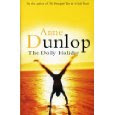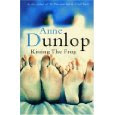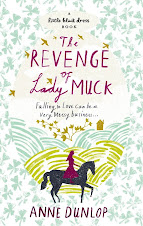
THE SECRET LIFE OF WAR
Peter Beaumont
There is a certain type of woman who relishes the pain of child birth; I’m sure you know at least one; does this monologue sound familiar? “Yes of course they offered me pain relief – they said I could have gas and air, or pethidine, or an epidural. But I chose No Pain Relief. Because I wanted to see how I would do...”
Having read The Secret Life of War, I am convinced there is a similar type of man in the world – who seeks out terrifying danger because he wants to see how he will do.... This man is called a war correspondent and I strongly advise no woman to ever agree to marry one for he could never make her happy - he’s not a team player, he’s an adrenalin addict...
Peter Beaumont is Foreign Affairs Editor of the Observer. He joined the newspaper in 1989, and for the past fifteen years he has reported on wars all over the world. Now he has written The Secret Life of War because he says “In newspapers and magazines it is still regarded as bad form to describe the reality of the everyday horror of conflict.”
His book pulls no punches in describing ‘the everyday horror of conflict’. Beaumont describes the smell that lingers after a suicide bomb (the sharp tang of butcher’s shops, soiled nappies); he describes a blindfolded hostage’s beheading as a ‘perfunctory sawing... like skinning a fish or a butcher cutting fat off meat’. He shares with us soldier-talk (none of it is pretty). And he describes, with astonishing matter-of-factness the surreal part he plays in the proceedings.
For example: it’s spring 2007 and he’s accompanying the American military on a patrol of the streets of Baghdad. They get out of their armoured vehicles and the soldiers do what they joined up to do, they move in formation, handing out ‘little tip cards designed to persuade the residents to phone in information on the insurgents’... Beaumont and a female journalist follow, with cameras slung round their necks.... Then there’s a crack crack crack of automatic weapons fire. The soldiers go into battle and the female journalist politely asks: “What do you want me to do?”
A sergeant politely answers her: “You can do anything you like.”
I freely admit I quickly became desensitised to these stories; the realities of war are so far removed from my everyday life of school runs and supermarket shopping. The only blood, guts and gore I encounter on a regular basis are my son’s bloodied knees when he falls off his bicycle. So I hardly blinked an eye during the chapter about the Second Intifada when young Palestinians were throwing stones at heavily armed Israeli tanks and Peter has written: ‘Once I saw a boy shot down so close to me I could have touched him as he ran past to throw his stone.’
Until I realised, with a shock that if we had been born Palestinian and our home was on the Gaza Strip, it could be my son he was writing about – What a horrible, horrible thought!
*
VERDICT: So you don’t think the army’s for you? But you’re desperate to test your nerve? Buy yourself a North Face duffel bag and become a war correspondent – there are always horrific stories to write about in Afghanistan, Iraq and Gaza...








No comments:
Post a Comment